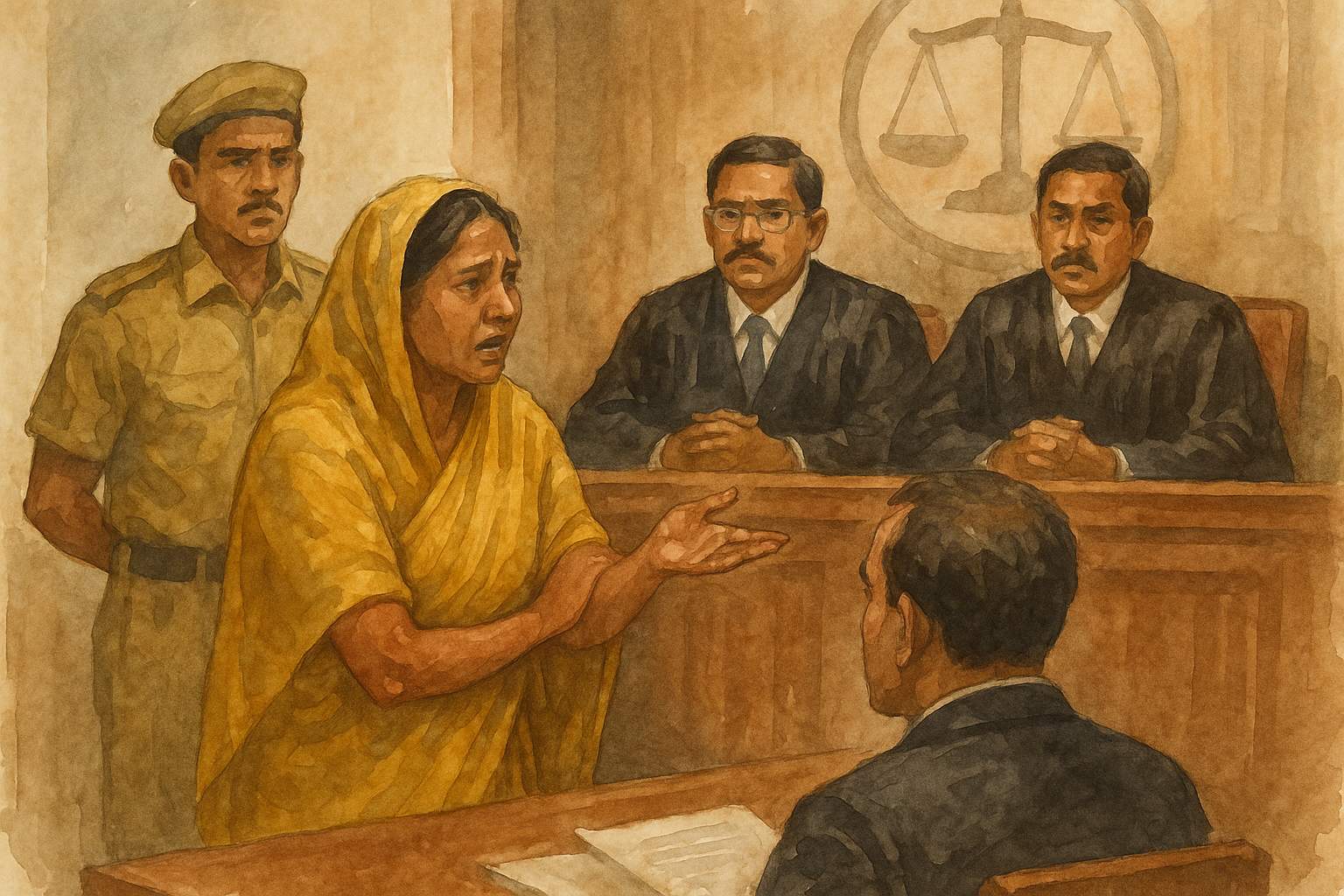Simplified Explanation of the Judgment
In a landmark decision, the Patna High Court clarified that the legal heirs of temporary government employees are entitled to receive family pension and other death-related benefits under the Central Civil Services (Pension) Rules, 1972 and the Temporary Service Rules, 1965.
The case revolved around a deceased postal department employee who was initially appointed as a casual labourer and later given temporary status in 1992. He died in service in 2007 while still under temporary employment. His legal heir, the respondent in this case, applied for family pension and other benefits, which were denied by the authorities, leading to a legal battle.
The respondent initially won the case before the Central Administrative Tribunal (CAT), which held that she was entitled to receive family pension. The Union of India challenged this decision before the High Court through Civil Writ Jurisdiction Case No. 7760 of 2015.
The core issue before the Court was whether a temporary employee—who was not regularized but had completed more than three years in temporary status—qualifies for pensionary benefits, especially when such an employee dies in service.
The High Court carefully reviewed Rule 2 of the Central Civil Services (Pension) Rules, 1972, which excludes certain categories from pension eligibility. However, it found that temporary employees were not expressly excluded. Further, Rule 10(2) of the CCS (Temporary Service) Rules, 1965 clearly provides that in the event of death of a temporary government servant, the family is entitled to the same family pension and death gratuity benefits as permanent employees.
The Court dismissed the government’s argument that applicability clauses in Rules 1965 and 1972 create a contradiction. Applying the principle of “harmonious construction,” the Court held that conflicting provisions should be interpreted in a way that gives effect to both sets of rules. It also invoked the “rule of beneficial construction,” emphasizing that social welfare legislation should be interpreted liberally in favor of the beneficiary.
Accordingly, the Court affirmed the decision of the Central Administrative Tribunal and directed the postal department to calculate and release all pending monetary benefits to the respondent within three months, with interest at 8% per annum from March 1, 2008.
Significance or Implication of the Judgment
This ruling is highly significant for temporary government employees and their families. It reinforces the principle that the government cannot withhold pensionary benefits on narrow technical grounds when the employee has rendered substantial service under temporary status.
The decision highlights that social welfare laws like pension schemes must be interpreted in a way that supports the dignity and financial security of the employee’s family, particularly after the employee’s death. It also serves as a precedent for future cases involving similar employment categories in Bihar and across India.
Legal Issue(s) Decided and the Court’s Decision
- Whether temporary employees are excluded from CCS (Pension) Rules, 1972?
- Decision: No express exclusion. Therefore, they are covered if other conditions are met.
- Whether legal heirs of a temporary employee who died in service are entitled to family pension and death gratuity?
- Decision: Yes, under Rule 10(2) of the CCS (Temporary Service) Rules, 1965.
- Can the absence of an amendment in applicability clauses override beneficial provisions?
- Decision: No. Beneficial legislation must be interpreted liberally.
- Was denial of benefits justifiable?
- Decision: No. The court ordered full payment with interest.
Judgments Referred by Parties
- CIT v. Hindustan Bulk Carriers
- Venkataramana Devaru v. State of Mysore, AIR 1958 SC 255
- Calcutta Gas Company Pvt. Ltd. v. State of West Bengal, AIR 1962 SC 1044
- Commissioner of Sales Tax, MP v. Radha Krishna, (1979) 2 SCC 249
- Sirsilk Ltd. v. Govt. of Andhra Pradesh, AIR 1964 SC 160
Judgments Relied Upon or Cited by Court
- Union of India v. Prabahakran Vijay Kumar, (2008) 9 SCC 527
- Vijay L. Mehrotra v. State of U.P., (2001) 9 SCC 687
Case Title
The Union Of India and Ors. v. Meena Devi @ Meena Kunwar
Case Number
Civil Writ Jurisdiction Case No. 7760 of 2015
Citation(s)- 2023 (1) PLJR 506
Coram and Names of Judges
Hon’ble Mr. Justice P. B. Bajanthri
Hon’ble Mr. Justice Purnendu Singh
Names of Advocates and who they appeared for
- For the Petitioners: Mr. K.N. Singh, ASG-I; Mr. Rakesh Kumar Sinha, CGC
- For the Respondent: Mr. Jayant Kumar Karn, Mr. Hemant Kumar Karn, Mr. Sujeet Kumar
Link to Judgment
MTUjNzc2MCMyMDE1IzEjTg==-KGaN6pcQFe8=
If you found this explanation helpful and wish to stay informed about how legal developments may affect your rights in Bihar, you may consider following Samvida Law Associates for more updates.









